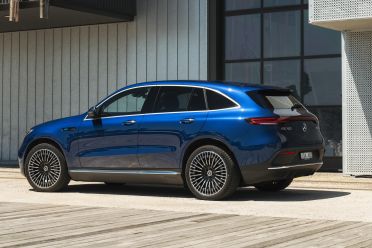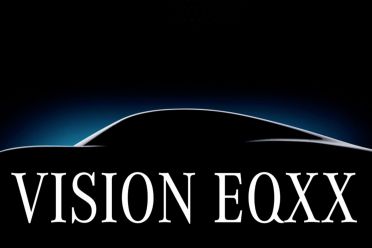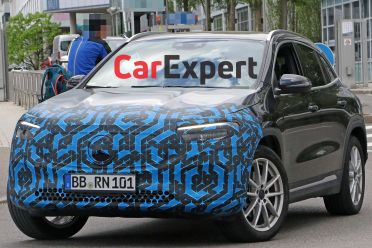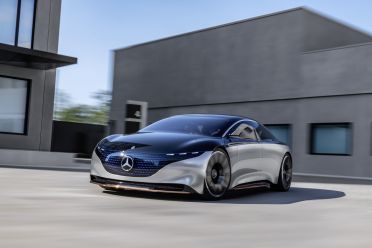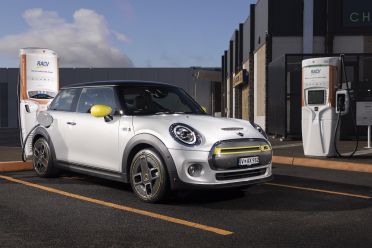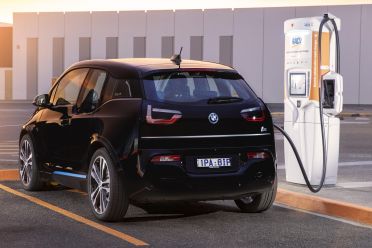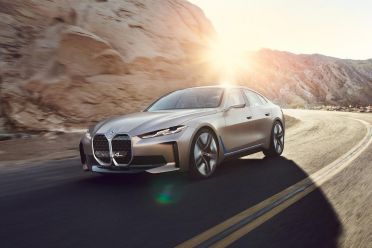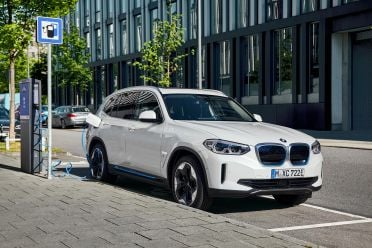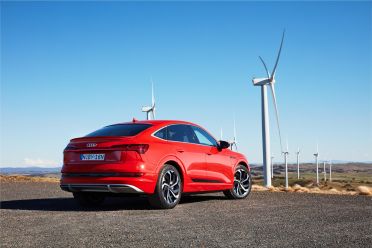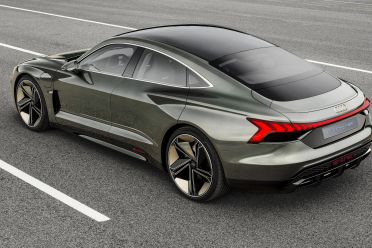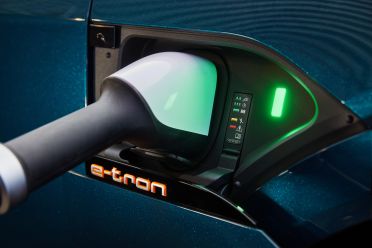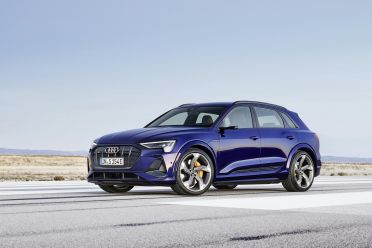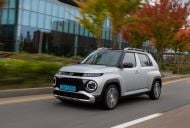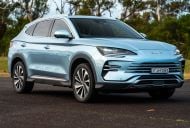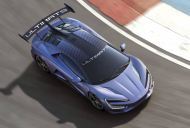The car industry often calls for incentives designed to make electric vehicles (EV) more palatable.
During the course of October, big three German luxury brands Audi, BMW and Mercedes-Benz made Australia-specific announcements designed to burnish their green credentials.
Mercedes-Benz
On October 15 the company appointed 15 more ‘EQ agents’ to display and sell its EQC electric SUV, plus “future EQ models”. This brings the total dealer footprint for EQ models to 24 nationally.
EQC buyers currently get a complimentary Mercedes-Benz Wallbox Home plus installation by JET Charge, valued all up at about $2200. Single-phase can provide 7.2kW, and three-phase 22kW can be arranged.
Mercedes-Benz also provides a five-year subscription to ChargeFox, giving owners free charging at DC fast charging sites with capacities between 50kW and 350kW. This network is growing all the time.
Finally, all new EQC owners who sign up before the end of 2020 will get a free three-year or 75,000km service plan (valued at $1350).
Mercedes-Benz Australia currently sells the EQC EV as well as plug-in hybrid (PHEV) versions of the A-Class, C-Class, E-Class and GLC.
Its German parent is also preparing a fleet of EVs due from 2021 onwards including the EQA and EQB small SUVs, EQE large SUV, through to the EQS luxury flagship.
BMW
On October 7, BMW said it would provide a $1500 subsidy for small to medium businesses “seeking to purchase a new BMW or Mini electric vehicle… for company use”. The company says this is roughly equivalent to 30,000km of free charging.
Buyers of the i3 and i3S also get a three-year subscription to the ChargeFox charging network, with a 250kW per year allowance at no cost.
“For BMW Group, investing in electro-mobility technology development for business should be a given in Australia,” said BMW Australia CEO Vikram Pawah.
“Countries such as the USA, Norway and China have all invested in a strong charging network and offered monetary incentives to both commercial and private buyers of plug-in hybrid or fully electric vehicles, leading to high uptake across the board in these markets.
“…While these incentives are focused on business, they are a positive step in enlightening the wider public around electro-mobility and addressing the lack of knowledge about electric vehicles,” he added.
BMW already sells the i3 and Mini Electric in Australia, as well as PHEV versions of 3 Series, 5 Series, 7 Series, X5, and Mini Countryman.
By the end of 2021 its core overseas regions will sell the all-electric iX3, iNext and i4 EVs as well, which we expect to launch in Australia by 2022.
Audi
On October 2, Audi committed to using 100 per cent renewable energy across its local operations from 2021, accredited through GreenPower and sourced in large part from Canberra’s Capital Wind Farm precinct.
The announcement was timed to coincide with the launch of its new E-Tron luxury EV crossover.
GreenPower is a government-managed program that audits electricity providers to make sure the right amount of renewable energy is fed into the grid on the customers’ behalf.
“Audi’s commitment to GreenPower involves purchasing renewable energy certificates from its electricity retailer to offset the total annual energy usage from its business operations on an annual basis. This means that they can be confident that the renewable energy they are purchasing is from renewable sources,” said chairman of the National GreenPower Steering Group, Tim Stock.
“Our 100 per cent renewable energy commitment, as a business, is in-line with what we believe should be the expectations placed upon us as a leader in sustainable mobility,” added Audi Australia’s managing director Paul Sansom.
“…All E-Tron vehicles are produced in Brussels, which is the world’s first certified carbon-neutral large-scale production plant in the premium segment. Audi has already stated its ambitious product plans for 30 electrified models by 2025 and this strategy will be an important part of our future success in Australia,” said Sansom.
Audi has numerous other EVs in the works including the e-tron GT four-door coupe, though its Australian operation looks unlikely to offer the suite of PHEVs being rolled out across European showrooms – for the time being.
MORE: Emissions targets explained: Q&A with FCAI chief executive Tony Weber
MORE: Q&A with JET Charge founder and EV Council Chair, Tim Washington

